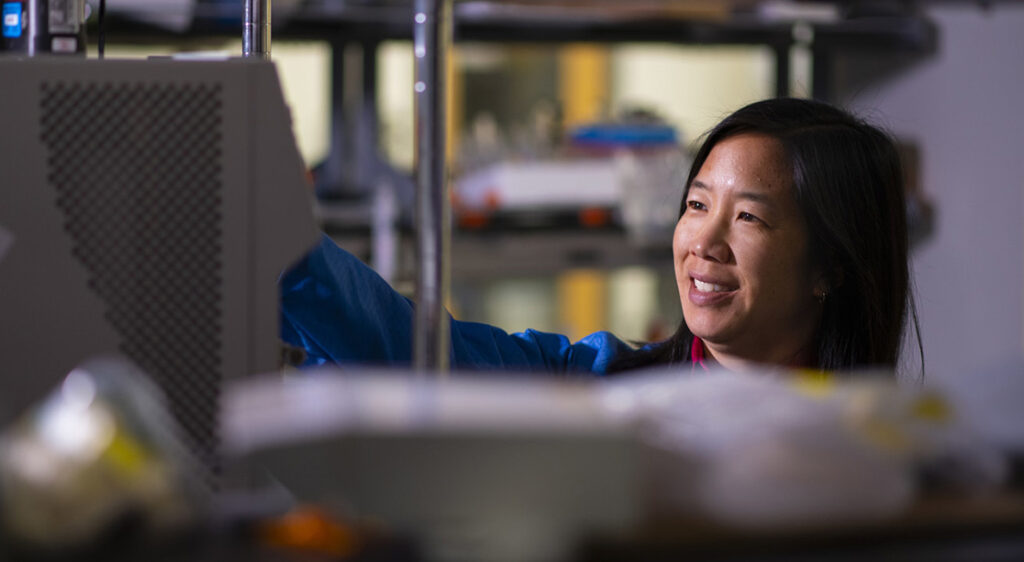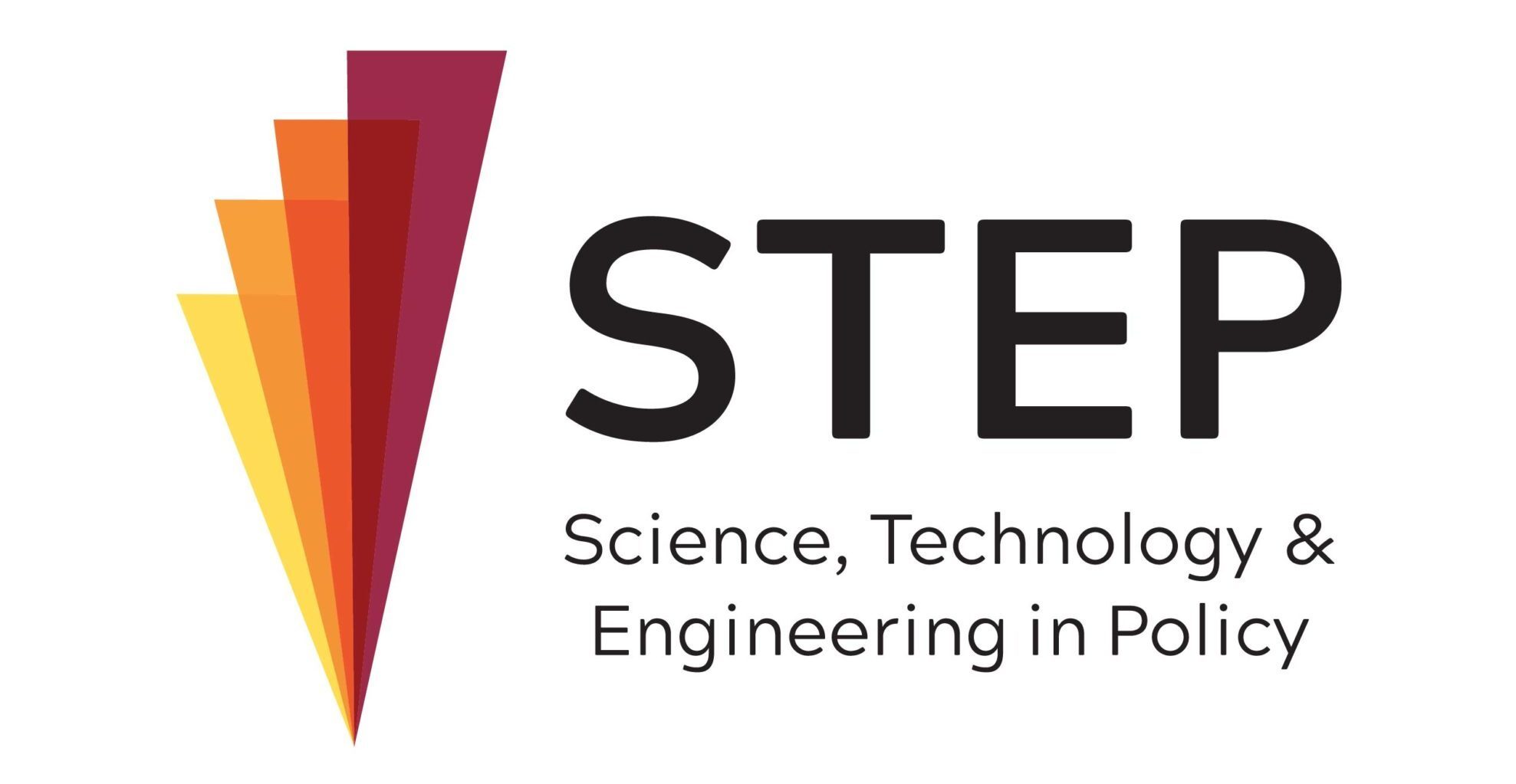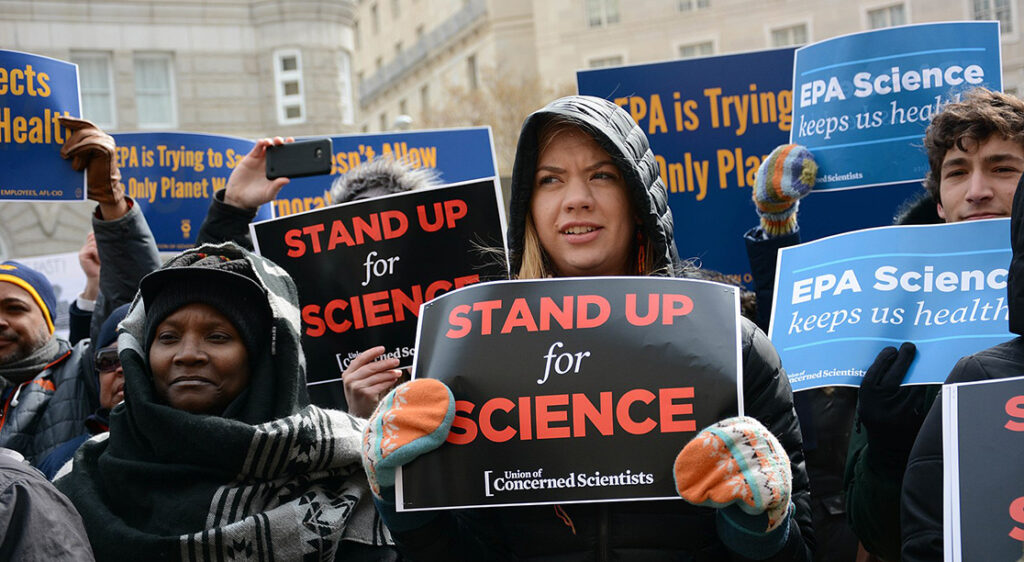STEP FOCUS: HOW
POLICY IS MADE
In order to be effective participants in policy processes, science, technology, engineering, mathematics, and healthcare (STEM-H) experts need to have an understanding of how policy is made, implemented, and evaluated. The STEP program introduces participants to fundamental principles of policy in practice, in all of their complexity, including tools for understanding policy processes.
The STEP program explores how policy is made through case-based examples relevant to STEM-H students, scholars, and practitioners.
STEP learning objective: Analyze how policy processes unfold using concepts and constructs that explicitly consider governance institutions and decision dynamics.
STEP learning objective: Apply a suite of quantitative and qualitative tools to identify and address the multiple dimensions of complex policy development and implementation challenges.
STEP FOCUS: VALUES, ETHICS &
INTERESTS IN POLICY MAKING
Policy decisions reflect values, ethics, and interests, which stakeholders may not share and often contest. Examining the values and ethics of stakeholders, STEM-H experts, and decision-makers is key to crafting policies that are more equitable and that account for different needs and interests.
The STEP program analyzes how different values and ethics enter and are considered in policy processes and can be accounted for. Immersive exercises and self-reflection play important roles in bringing this analysis to life.
STEP learning objective: Analyze governance practices taking public values, ethical considerations, and the heterogeneous perspectives and needs of different stakeholders into account.

STEP FOCUS: COLLABORATIVE
ENGAGEMENT IN POLICY MAKING
Given the different values, interests, and priorities among heterogeneous communities, good practices in stakeholder engagement and deliberation are necessary to arrive at outcomes that are widely accepted as fair, efficient, stable, and wise. The STEP program introduces best practices in collaborative engagement, including techniques such as joint fact-finding and collaborative adaptive management that aim to make the best use of scientific and technical information in decision-making processes.
STEP learning objective: Collaboratively engage a broad range of professional and public stakeholders to improve policy decisions.
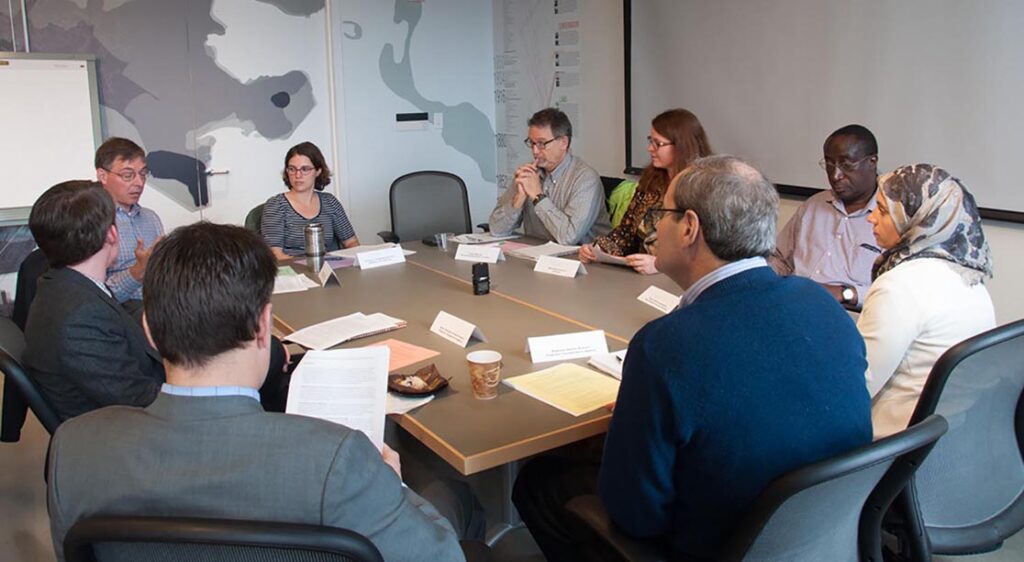
STEP FOCUS: COMMUNICATING
WITH STAKEHOLDERS
Scientific and technical information is much more likely to be used by decision-makers and other stakeholders when it is presented clearly with an emphasis on what is most important. The STEP program provides participants with various tools to effectively translate and communicate scientific and technical information to a variety of audiences. Effective communication includes but goes beyond great presentations and easy-to-understand writing and graphics. Truly effective communication is two-way in nature and is emphasized in the program.
STEP learning objective: Effectively translate and communicate scientific and technical information to non-technical audiences.
“ No one ever made a decision because of a number. They need a story.”
Daniel Kahneman, Behavioral economist and Nobel Laureate (2016)
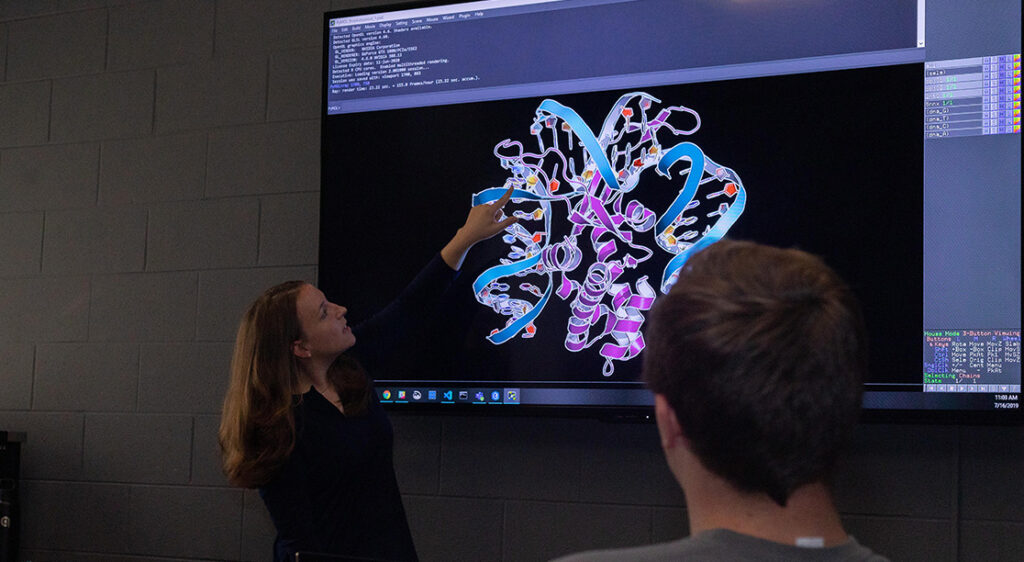
STEP FOCUS: INTEGRATING SCIENTIFIC & TECHNICAL INFORMATION INTO POLICY
Scientific and technical information is most influential in policy processes when it is salient, credible and legitimate. In addition to techniques such as joint fact-finding, the STEP program develops skills in building models and providing data analysis that decision-makers and other stakeholders will use to arrive at better outcomes. The program provides participants with tools to understand how their data may be used in policy processes, and conduct research in ways that are likely to increase the saliency, credibility, and legitimacy of the results.
STEP learning objective: Map relationships between scientific and technical information and public policy.
STEP learning objective: Compare and contrast policy standards and norms with scientific and technical norms and practices.
Gaining policy exposure during my graduate education has improved my ability to relate my research to society, conduct research that informs policy decisions, and understand the different roles scientists can play in the policy process.”
Nicole Ward, PhD Candidate, VT Department of Biological Sciences
